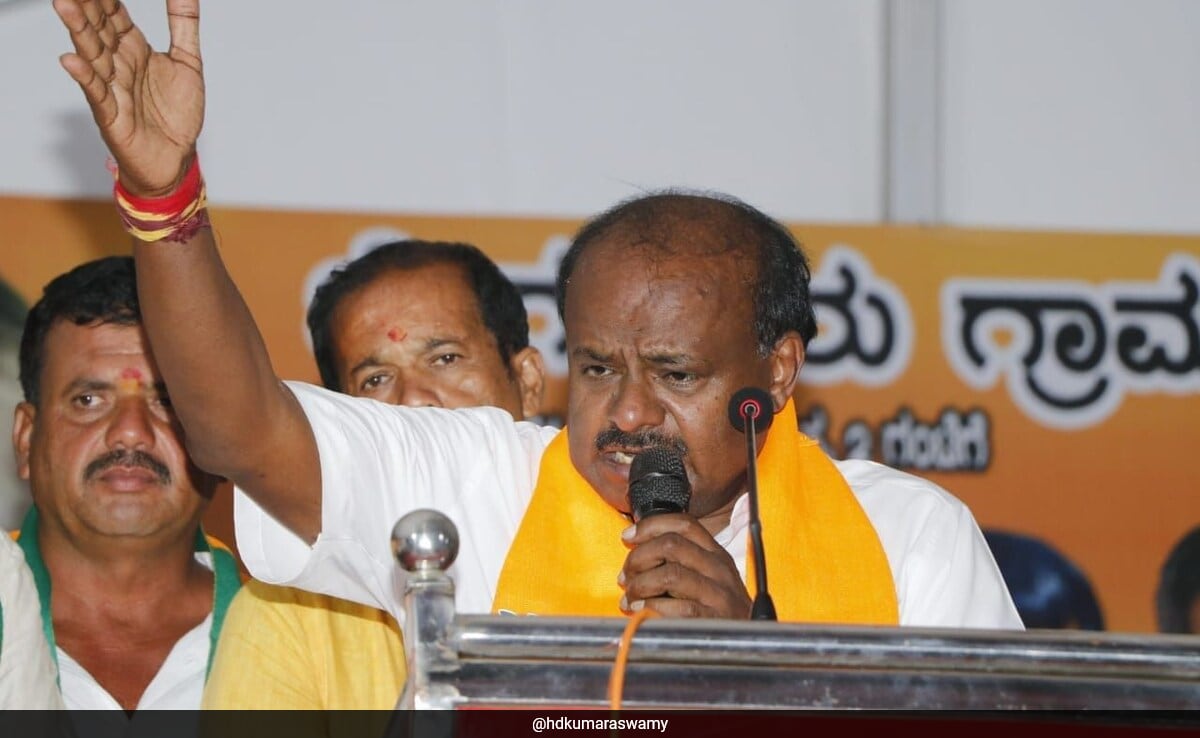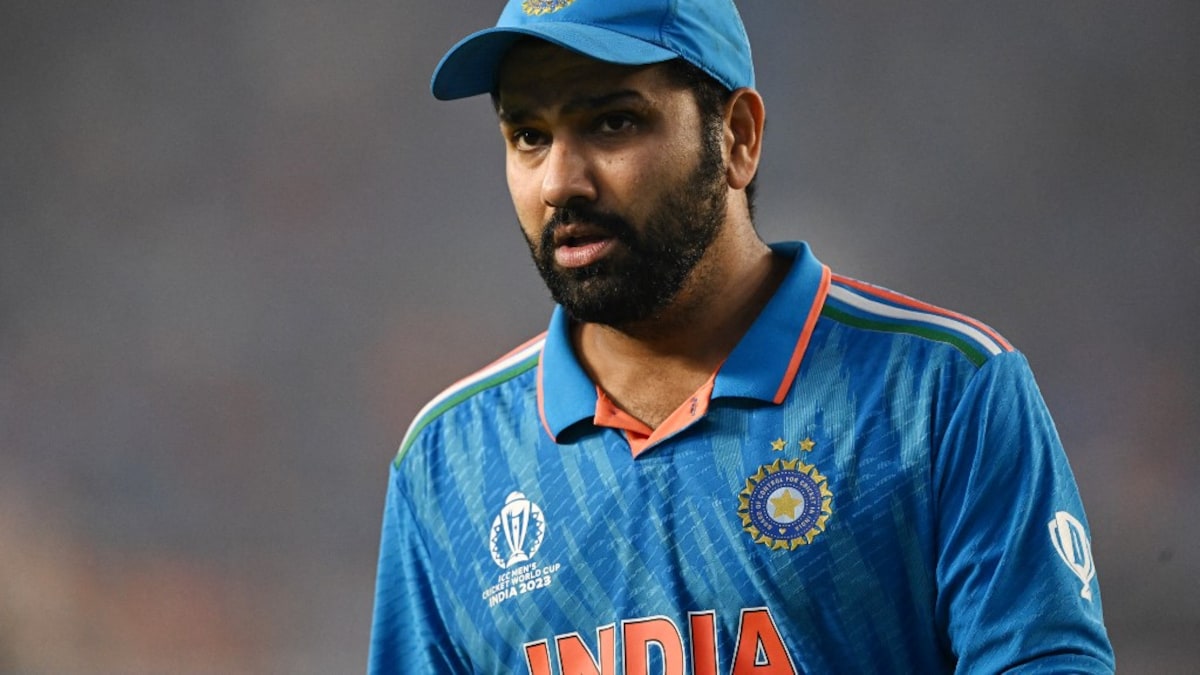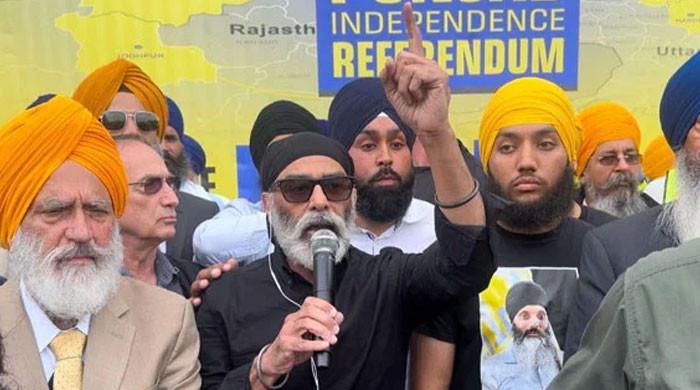
The Center on Monday notified the rules of the Citizenship (Amendment) Act.
New Delhi:
The government today reiterated that the newly implemented Citizenship Amendment Act (CAA) will not restrict freedoms and opportunities for Muslims in India, amid sharp criticism from the opposition, which said the move is discriminatory and motivated by the upcoming Lok Sabha elections motivation. It also claimed that there would be no obstacles for Muslims anywhere in the world seeking Indian citizenship.
“Muslims from all over the world can seek Indian citizenship under Section 6 of the Citizenship Act, which deals with citizenship by naturalization,” the home ministry said.
The Center on Monday notified provisions of the Citizenship (Amendment) Act to increase the eligibility period for citizenship application for undocumented non-Muslim immigrants from Pakistan, Bangladesh and Afghanistan who came to India before December 31, 2014 from 11 years shortened to 5 years.
Amit Shah’s home ministry insisted that the bill “does not prevent any Muslim who is persecuted for practicing Islam in Islamic countries (Pakistan, Bangladesh and Afghanistan) from applying for Indian citizenship under existing laws”.
“The CAA will not do away with naturalization laws. Therefore, anyone, including Muslim immigrants from any foreign country, seeking to become an Indian citizen can apply for naturalization as per existing laws,” the ministry said.
Indian Muslims need not worry as the CAA does not make any provision affecting their citizenship and has nothing to do with the current 180 million Indian Muslims who enjoy equal rights with Hindu Muslims, the ministry said in an attempt to allay concerns on a section of Indian Muslims . Muslim issues regarding CAA.
Protests have broken out in several parts of India against the decision to implement the CAA, as some fear the law could be used to declare them illegal immigrants and strip them of Indian citizenship.
The government denies this and says laws are needed to help minorities facing persecution in the Muslim-majority country, in line with “India’s evergreen culture of generosity, to obtain Indian citizenship for their happiness and prosperous future”.
“Indian citizens will not be asked to produce any document proving their citizenship,” the ministry said.
It also said the Citizenship Act does not address the deportation of illegal immigrants. “Therefore, the concerns of a section of people, including Muslims and students, that the CAA is against the Muslim minority are unjustified,” it added.
The government says Islam is severely tarnished around the world due to the persecution of minorities in the three countries. “However, Islam, as a peaceful religion, never promotes or implies hatred/violence/any persecution on religious grounds. The bill expresses sympathy and compensation for persecution and protects Islam from being tainted in the name of persecution.” 1 statement.
Explaining the need for the law, the ministry said the bill was necessary to customize the citizenship system and control illegal immigration.
The Indian constitution gives the government the right to provide citizenship on humanitarian grounds to refugees facing religious persecution in their country.
Four years after the controversial law was passed, it has been implemented. The ruling Bharatiya Janata Party promised to enact the Citizenship Amendment Act in its 2019 manifesto, but said its implementation had been delayed due to the coronavirus pandemic.
wait reply load…
Follow us on Google news ,Twitter , and Join Whatsapp Group of thelocalreport.in
















